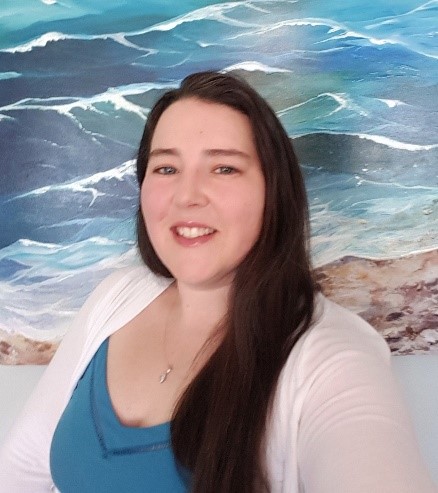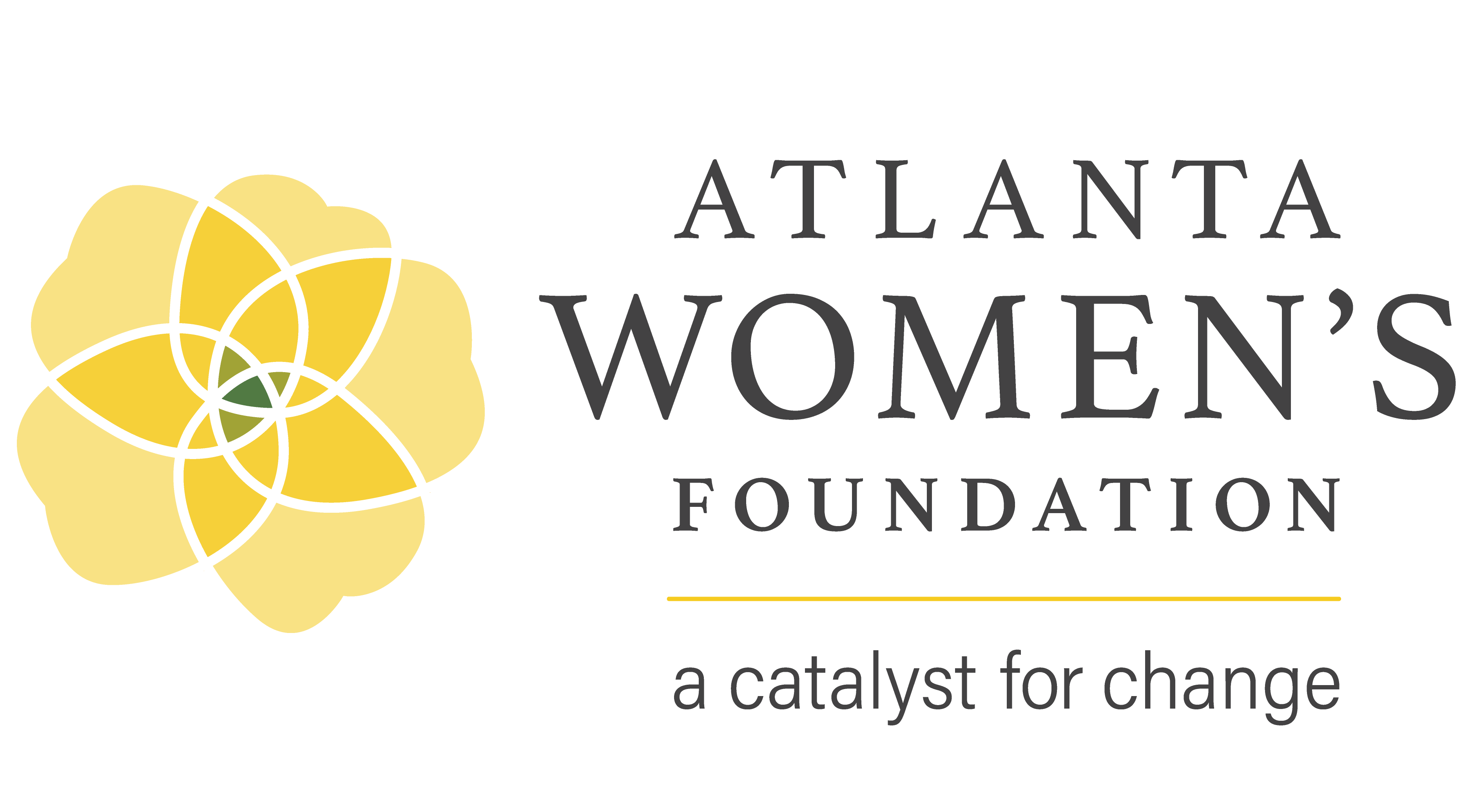A Look at Substance Abuse in Women and the Resources to Support Them
Thank you to guest contributor Michelle Giordano, M.S. Community Counseling, with the organization Live Another Day, for educating us on the barriers women face when it comes to mental health and substance abuse, national and local resources for help, and the change that need to be made to mental healthcare to better help women.
It is currently estimated that almost 20 million American women over the age of 18 have used illicit drugs in the past year. Studies have shown that drug use does affect women differently than men, and repeated use can actually lead to more intense cravings and a higher rate of relapse following treatment. Unfortunately, this is often due to ineffective programs and a lack of specific resources for women, especially since there is such a large gap in research taking place around women and drug use.
Currently there are more men in substance abuse recovery programs than there are women. Shame and familial responsibilities are often the reason why these women are not seeking help, especially if they are pregnant or have children. But not seeking help, or going to a rehab facility that is not equipped to serve the needs of women, can be extremely detrimental to the user and their family.
Although the entire population of women in the US is at a disadvantage when it comes to addiction and mental healthcare, women of color and women in lower socioeconomic classes have an even higher rate of substance use and relapse. African American women in rehab facilities are often admitted for cocaine use or alcohol use, but there is little information or research about minority women and the effectiveness of treatment. What we do know is that women of color are underrepresented in rehab facilities.
The cost of treatment makes it difficult for many to get help. It is also incredibly difficult for women to seek help when they are pregnant as that requires a different set of treatments and medical attention altogether. Compassionate care is hard to come by, and the shame that many mothers feel is directed at them because of drug or alcohol use poses a great threat.
In order to change the stigma surrounding women and substance abuse, and to give these women the access to treatment that they deserve, various changes need to be made to mental healthcare.
- Family members, loved ones, and especially partners need to be incorporated into each program. Studies have shown that support from a partner can greatly increase the chances of abstinence for longer periods of time.
- Education specific to women and drug use needs to be implemented in schools and rehab facilities. More research on the effects of these substances and how to treat them is necessary.
- Programs for women of color that are culturally relevant need to be implemented into rehab facilities, whether that be through training of staff or the hiring of more diverse staff members.
- Rehab facilities need to use a combination of evidence-based therapies as well as holistic therapies to provide a collaborative and comprehensive approach to treatment.
- Same-sex programs are more effective for women than mix-gender groups. Not only can this be a more comfortable setting in general, but it can increase the chances that women who self-medicate due to abuse, sexual assault, or other traumas will seek help.
- Most women agree that on-site child care would make them more likely to seek help. This allows them to not have to choose between their sobriety and outside responsibilities.
- Having more female staff members and clinicians is another indicator that treatment may be more effective.
Recovery Support Resources
Crisis Hotlines
- Georgia Crisis & Access Line – 1-800-715-4225
- National Suicide Prevention Lifeline – 1-800-273-8255
- The Crisis Text Line – Text START to 741-741 about any type of crisis 24/7
Atlanta Addiction Treatment
St Jude’s Recovery Center – Intown provider of free and low-cost treatment services. They are located at 139 Renaissance Pkwy NE, Atlanta, GA 30308. For admissions information, call them at 404-874-2224.
The Summit Wellness Group – Midtown Atlanta – Joint Commission Accredited drug rehab center located at 996 Huff Rd NW, Suite C, Atlanta, GA 30318. They have several groups and programs designed specifically to support women and offer a limited number of full and partial scholarships. Additionally, their website features a list of support resources for women of color, along with a host of other helpful guides. You can contact them at 678-705-8762.
The Extension – Located at 1507 Church Street Extension NW NE, Marietta, GA 30060, they are a community-supported, long-term residential recovery program for homeless men and women that serves the Cobb County area. Women are housed and attend group at a separate facility from men. For more information call them at (770) 590-9075.
Recovery in Georgia – Locally run independent addiction recovery resource that features a list of accredited treatment centers throughout Atlanta. Also features resources for the BIPOC community.
National Addiction Resources
- The National Institute on Drug Abuse – A guide that focuses on substance use in women.
- Therapy for Black Girls – A resource designed to present mental health topics in a way that feels more accessible and relevant to black women. Features a directory of local therapists.
- Live Another Day – Features a list of the best-rated drug rehab centers in Georgia, as well as extensive resources to support people of color.
- Black Girls Smile – Nonprofit that provides black women with tools and resources to lead mentally healthy lives.
Increasing access to gender-specific resources for women and resources directed to women is critical in this fight against substance abuse. In general, women abuse drugs due to underlying mental health conditions, trauma, low self-esteem, or social pressures. Having programs that address all of these conditions at the same time will increase the success rates for long-term abstinence and allow these women to live longer, healthier lives.

Michelle Giordano has been in the helping field for close to three decades. She graduated from the University of North Georgia with a Master degree in Community Counseling and Bachelor of Science degrees in Psychology and Sociology. She has had the pleasure and privilege to have worked in an Inpatient Treatment Hospital, IOP Treatment Facility and Substance Abuse Recovery Out Patient Treatment Center.
She is passionate about destigmatizing mental health and loves to do community outreach work through public speaking events and helping to make sure her community has adequate trusted resources.
She loves to be active within her community and balances volunteering her time between Creative Enterprises, North Point Community Church, Erin’s Hope for Friends, and John’s Creek Art School. In her free time, Michelle loves spending time hiking with her family and Labrador Jake.
